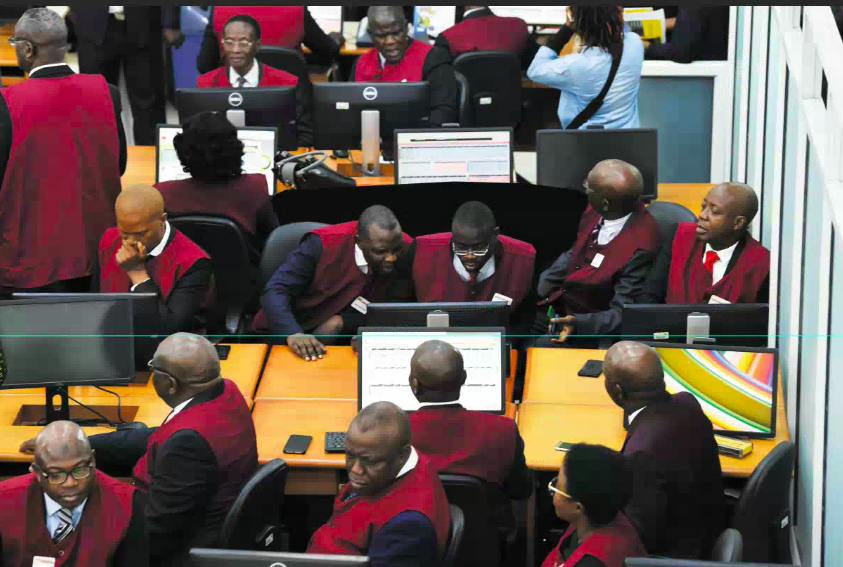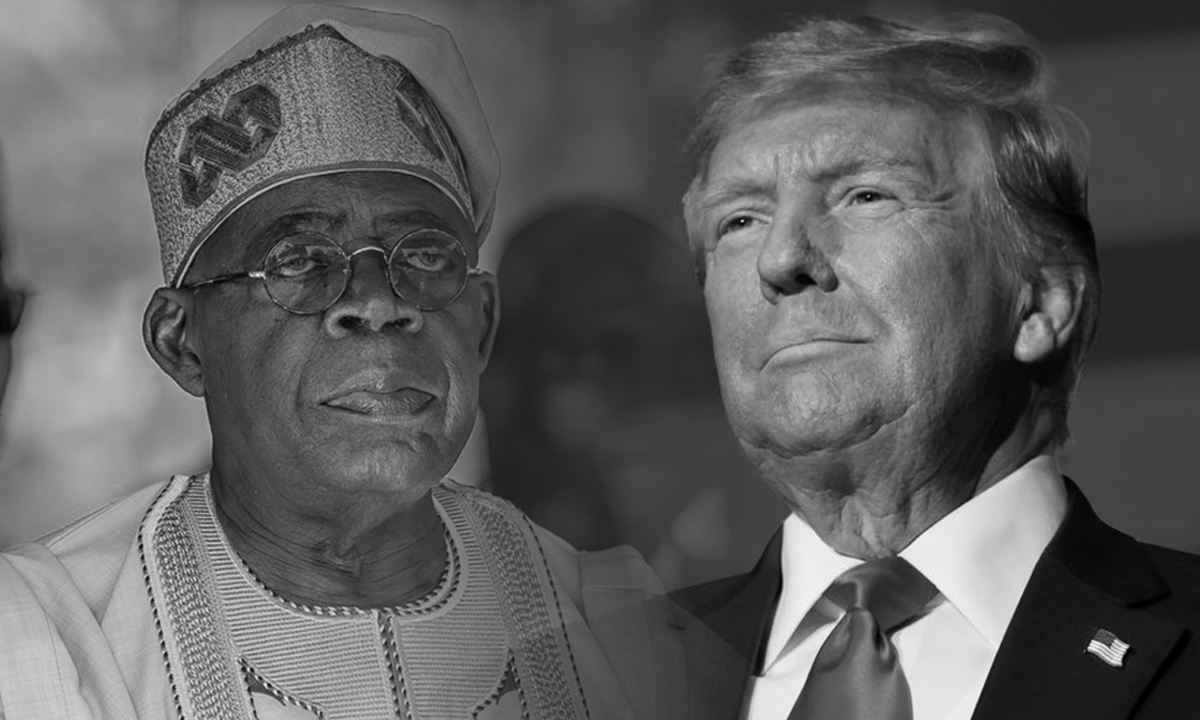*Cites concern over Nigeria’s rising debt profile
Chuks Okocha in Abuja
The Socio-Economic Rights and Accountability Project (SERAP) has called on President Bola Ahmed Tinubu to reject the newly approved $1.08 billion loan from the World Bank, citing concerns over Nigeria’s rising debt profile and financial mismanagement within federal institutions.
In a statement posted on its official X (formerly Twitter) handle yesterday, the prominent civil society organisation said:
“We have urged President Tinubu to reject the recently approved $1.08 billion World Bank loan for Nigeria and instead recover the missing N233 billion from the Nigerian Bulk Electricity Trading Plc and other Ministries, Departments, and Agencies (MDAs). The loan is neither necessary nor in the public interest.”
The loan, which was approved by the World Bank last week, is aimed at supporting Nigeria’s electricity sector and scaling up reforms in the power industry.
However, SERAP said that such funding only fuels a cycle of borrowing without adequate accountability or value for money.
According to data from the external debt report released by the Debt Management Office (DMO), the World Bank’s share of Nigeria’s debt totals $17.32 billion, with the majority owed to the International Development Association (IDA), which accounts for $16.84 billion and represents 39.14 per cent of Nigeria’s total external debt.
SERAP has consistently criticised what it views as indiscriminate borrowing by the federal government, warning that it places an unsustainable financial burden on future generations.
The organisation referenced recent audit reports by the Office of the Auditor-General for the Federation (OAuGF), which revealed that over N233 billion in public funds remained unaccounted for across key Ministries, Departments, and Agencies (MDAs), including the Nigerian Bulk Electricity Trading Plc (NBET).
SERAP also urged the Tinubu administration to prioritise transparency, fiscal discipline, and anti-corruption measures as part of broader economic reforms. It warned that continued borrowing without corresponding accountability mechanisms could further weaken investor confidence and damage Nigeria’s international credit standing.
The group emphasised that sustainable development must be rooted in responsible governance and effective utilization of existing resources.
Nigeria currently grapples with a failing power sector, with nationwide electricity access and reliability still far below regional and global averages.
SERAP has previously initiated lawsuits and petitions demanding accountability in government borrowing and public spending.
The call for loan rejection aligns with broader public concern about mounting external debts.



